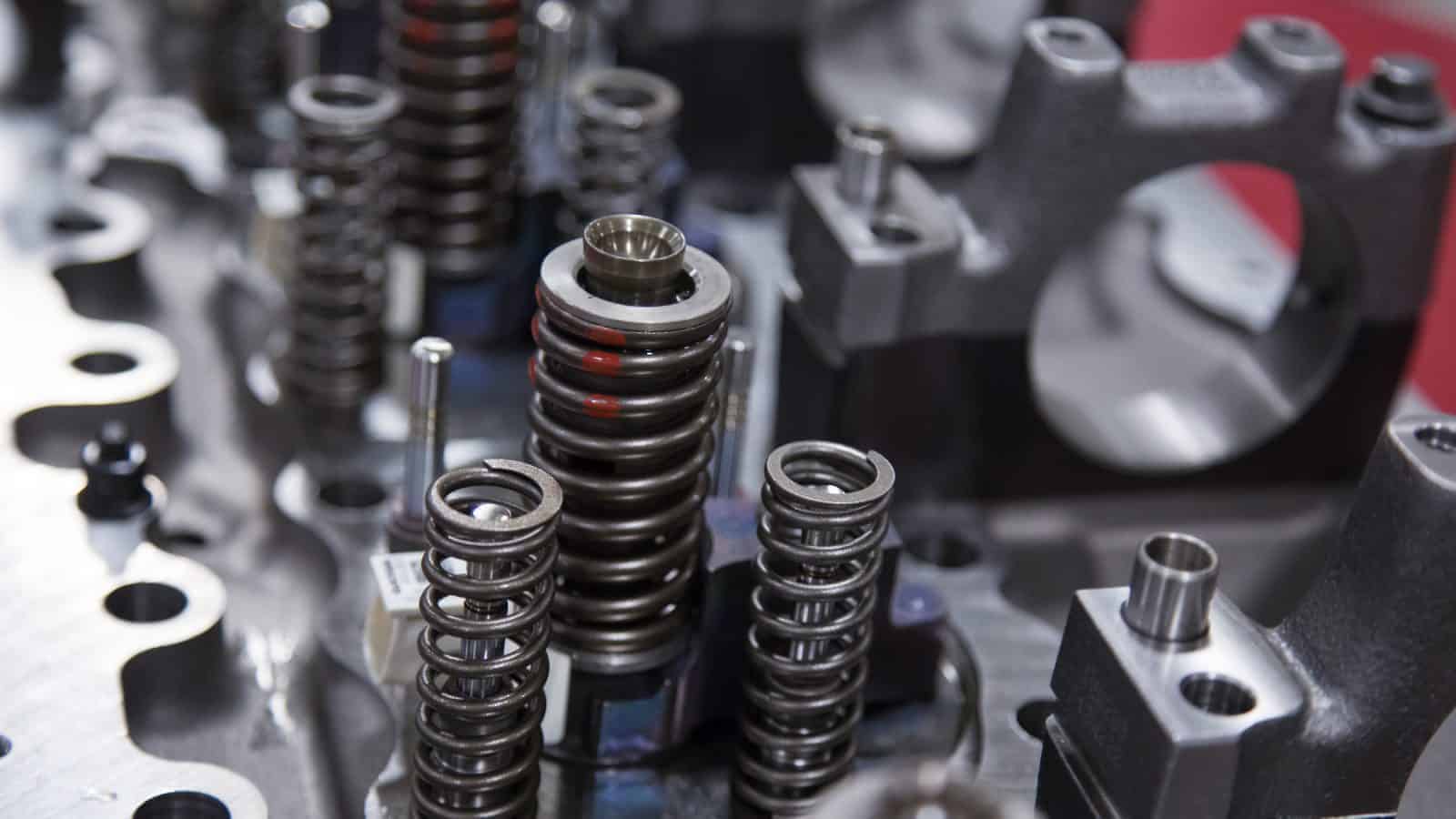Ford Looks to the Model T to Revolutionize EV Manufacturing

To make electric vehicle manufacturing quicker and easier, Ford is getting back to basics (POLITICO’s CLIMATEWIRE, subscription).
What’s going on: “The Michigan automaker on Monday announced a $5 billion plan to simplify its production of electric vehicles … similar to how Ford revolutionized the car industry decades ago by creating a moving assembly line to build the company’s iconic Model T.”
- Henry Ford pioneered that technology in the early 20th century for the mass production of automobiles, and it helped make cars more affordable.
- Now the company is hoping it can do the same for EVs by streamlining manufacturing.
What they’re saying: Competitors, including lower-cost EVs from China, are “all coming for us,” Ford CEO Jim Farley said an event this week at an assembly plant in Louisville, Kentucky, where he laid out Ford’s plans for a new EV-making process.
- On stage next to Farley as he spoke was a vintage Model T pickup.
How they’ll do it: Ford’s new EV strategy will be built on “a new platform that will combine low-cost batteries and motors, which can be adapted for trucks, SUVs and other vehicles.”
- The manufacturers will put $2 billion into its Louisville facility to build the new vehicles and will put $3 billion into the expansion of its plant in Michigan to make lithium-ion batteries.
The first product: The first vehicle to be built on the new platform is a four-door pickup set for a 2027 release with a price tag of $30,000.
- The new truck will have 20% percent fewer parts than a conventional one and its assembly line will move 15% faster.
- In addition, “[t]he designers cut 4,000 feet of wire from the main wiring harness.”
Its impact: Ford and elected officials emphasized the positive effect they foresee the new strategy having on local economies.
- “Jobs will be here in this plant in Kentucky for generations to come,” Kentucky Governor Andy Beshear said. “Current Ford employees’ kids and grandkids will have an opportunity to work right here at the Louisville assembly plant one day.”
- The project is expected to create or secure 4,000 jobs, more than half of which will be in Kentucky.
